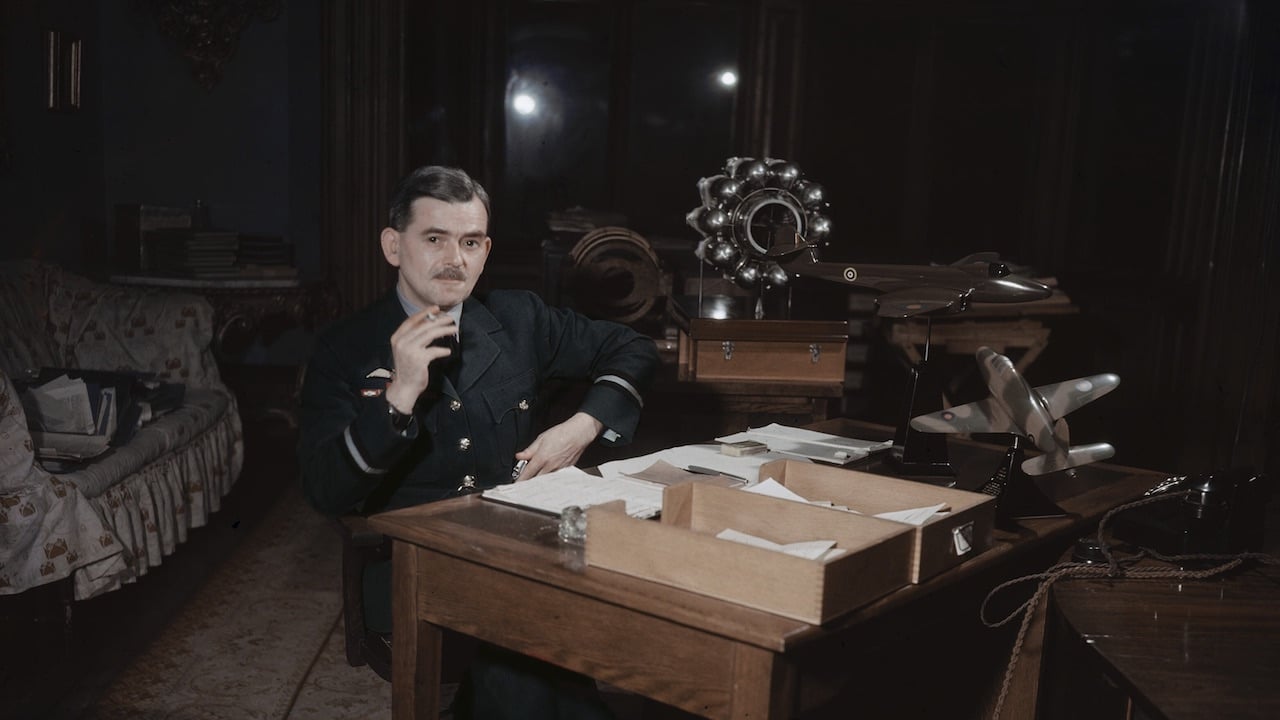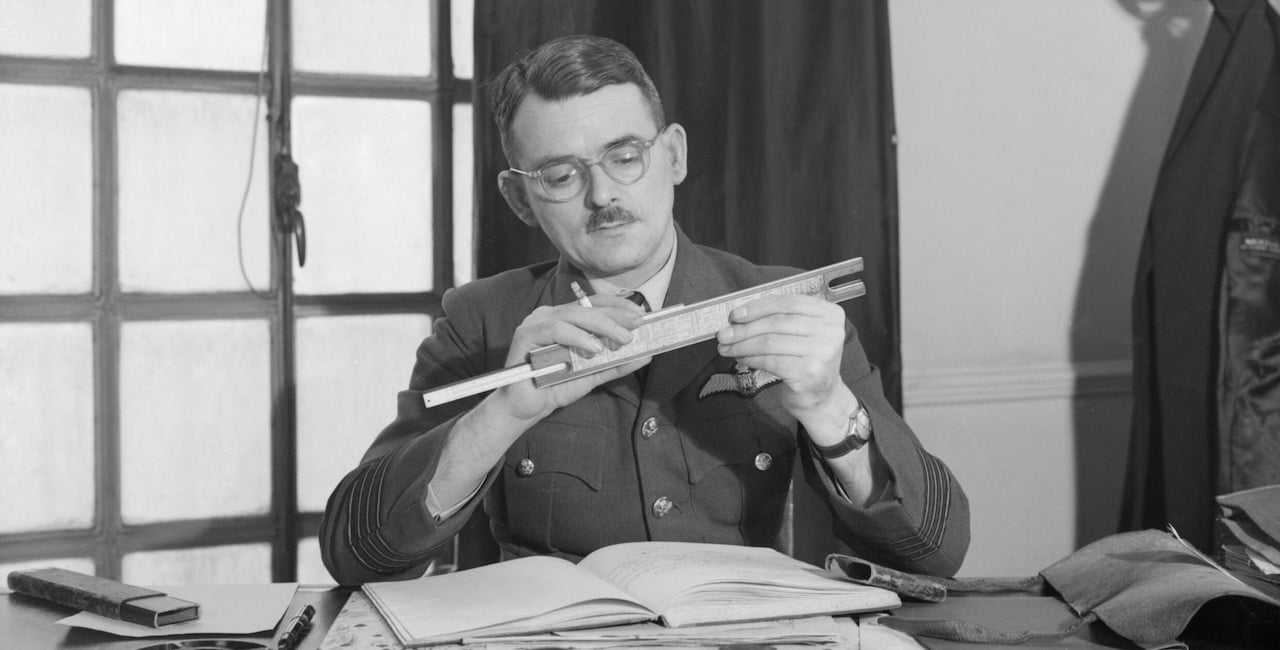The inception of Whittle’s groundbreaking journey in jet propulsion technology could be traced back to the late 1920s. However, it was in 1930, while pursuing a degree at the University of Cambridge, that he methodically began transforming his theories into a potential reality. His vision was crystal clear – harnessing the power of the gas turbine for creating high-speed, efficient jet engines.
Through the difficulties
Despite the hurdles, including initial disinterest from the government and funding difficulties, Whittle’s conviction never wavered. In 1936, his relentless efforts culminated in the formation of Power Jets Ltd, a vehicle to turn his jet engine dreams into tangible innovations. Collaboration with like-minded visionaries and securing patents became a cornerstone of this venture, paving the way for the first-ever British jet engine prototype, the Whittle Unit.
Finally, the 1940s marked a pivotal era for Whittle and jet propulsion. In 1941, the experimental aircraft Gloster E.28/39, powered by Whittle’s engine, took to the skies, heralding a new epoch in aviation. This success captured the military’s interest, underscoring the jet engine’s potential in combat scenarios. Consequently, the Gloster Meteor, the first operational British jet fighter, emerged, revolutionising military aviation paradigms.




